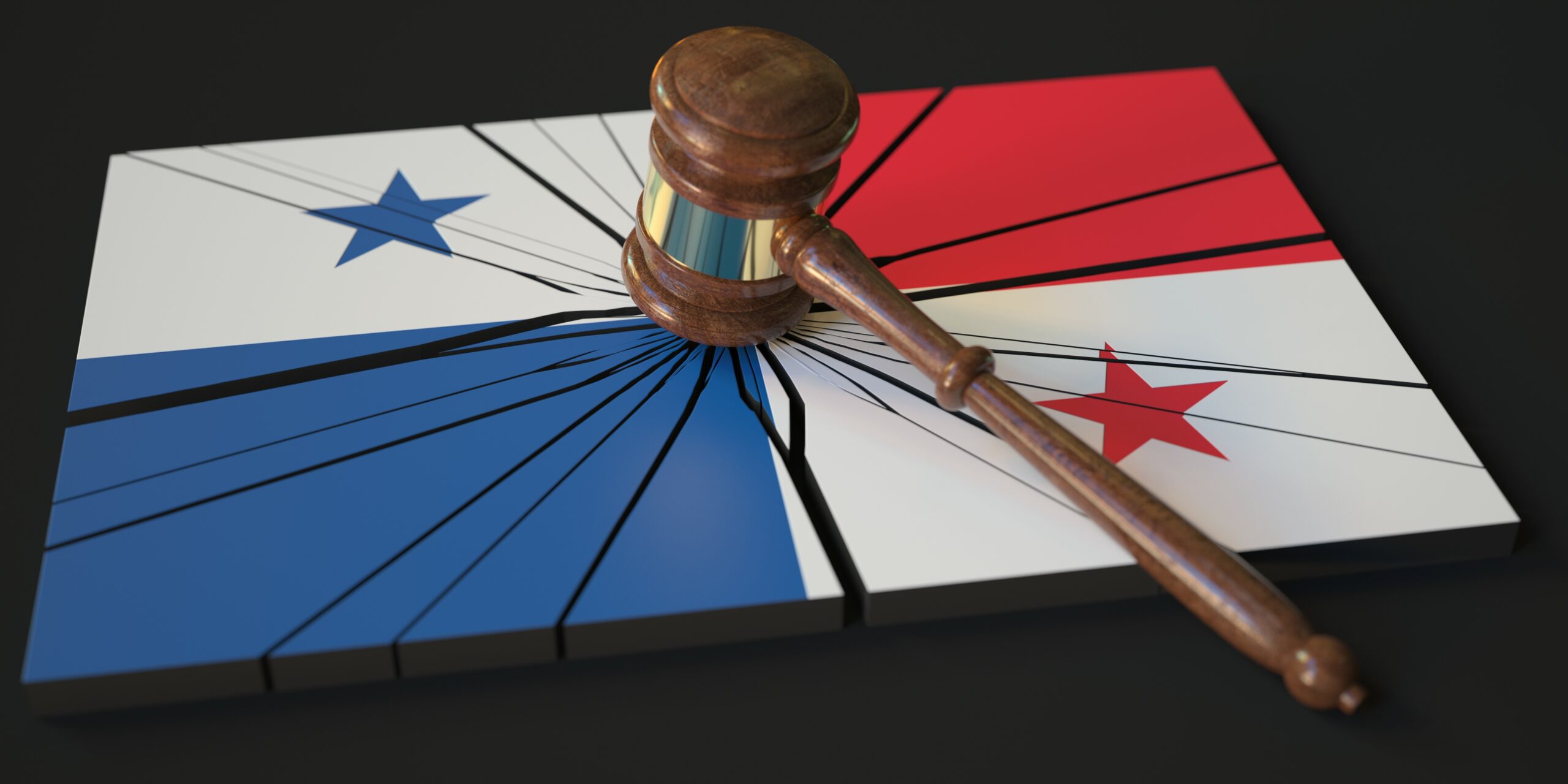Key Questions to Ask Before Hiring a Criminal Defense Attorney

When you’re considering hiring a criminal defense attorney, you’ll want to ascertain that you’re making an informed decision. There are several vital questions you should ask to evaluate their experience and compatibility with your case. These inquiries can reveal insights into their defense strategies, fee structures, and familiarity with local legal systems. Understanding these aspects is indispensable to securing the best possible representation. So, what should you be asking to guarantee you’re in capable hands?
What Is Your Experience With Cases Similar to Mine?
When considering a criminal defense attorney, how can you gauge their experience with cases similar to yours? Start by examining the attorney’s case background. Look into their history of handling cases that resemble your legal circumstances. Ask about specific outcomes they’ve achieved in those cases, as this will indicate their proficiency in navigating complexities similar to yours.
Evaluate their legal expertise by inquiring about their familiarity with laws and precedents relevant to your situation. This will help you assess their capability in crafting effective arguments and strategies. Appraising these aspects objectively will help you determine if the attorney possesses the necessary skills and knowledge to handle your case effectively. Remember, a thorough understanding of your case background is essential for making an informed decision.
How Will You Approach My Defense Strategy?
When considering your defense strategy, it’s important to assess the attorney’s experience with similar cases, as this can provide insight into their understanding of potential challenges and opportunities. Effective defense also hinges on thorough investigation and evidence gathering to build a solid foundation for your case. Additionally, your attorney should demonstrate both negotiation skills and trial readiness, ensuring they’re prepared to adapt as your case progresses.
Experience With Similar Cases
A crucial aspect of selecting a criminal defense attorney in Montgomery County is understanding their experience with cases similar to yours. Their track record in handling such cases can provide insight into their ability to develop a robust defense strategy. You’ll want to inquire about their success rate and the outcomes of cases resembling yours. Do they possess specialized skills that align with your specific legal needs? An attorney who has consistently navigated similar legal challenges will likely be more adept at identifying potential pitfalls and opportunities in your defense. Ask how their past experiences will inform their approach to your case. This understanding can be instrumental in determining whether they are equipped to effectively represent you in your unique situation.
Investigation and Evidence Gathering
To build a solid defense strategy, it is essential to understand how your attorney plans to approach investigation and evidence gathering. Ask your attorney about their process for conducting evidence analysis. This step is critical to identify strengths and weaknesses in the prosecution’s case. You’ll want to know how they handle gathering and evaluating witness statements—do they have a systematic approach to interviewing witnesses and cross-referencing their accounts? Inquire if they utilize any experts for assistance with complex evidence. Clarify how they plan to use these findings to support your defense. Understanding these aspects will help you gauge their competence and commitment to your case. A thorough investigation can be the foundation of a successful defense strategy.
Negotiation and Trial Readiness
Effective negotiation and trial readiness are paramount components of an extensive defense strategy. When evaluating a criminal defense attorney, you should inquire about their approach to plea bargain considerations and whether they prioritize negotiating favorable terms. A skilled attorney will analyze the strength of the evidence against you and weigh it against an evidence-based defense strategy.
It’s essential to understand how they prepare for trial, should negotiations not yield acceptable outcomes. Ask how they plan to leverage any weaknesses in the prosecution’s case and what their track record is in similar cases. This guarantees you’re represented by someone who can adeptly navigate both negotiation and trial processes, ultimately safeguarding your interests regardless of the path your case takes.
What Are Your Fees and What Do They Include?
When considering a criminal defense attorney, understanding their fee structure is essential to making an informed decision. Ask about their payment plans and billing procedures to guarantee they align with your financial situation. Some attorneys charge a flat fee, while others use hourly rates or retainer fees. Inquire if there are additional costs for investigations, expert witnesses, or administrative tasks. Understanding these elements can prevent unexpected expenses later on. It’s important to know what services are covered under the initial fee—such as court appearances, document preparation, and negotiations. Clarifying these details upfront helps you assess whether the attorney’s financial expectations are realistic for your case. A transparent discussion about fees can also facilitate a more trusting attorney-client relationship.
How Often Do You Go to Trial?
While understanding an attorney’s fee structure is critical, it’s equally important to grasp how frequently they handle cases in a trial setting. Knowing an attorney’s case volume and trial preparation experience can offer insights into their competency and approach. Attorneys with extensive trial experience are often better equipped to navigate courtroom complexities. If an attorney rarely goes to trial, it could indicate a preference for settlements, which may or may not align with your goals. High case volume might suggest a seasoned professional, but it could also mean less personalized attention. Conversely, an attorney with fewer cases may offer more focus but might lack trial exposure. Evaluate how their trial frequency aligns with your needs and the specifics of your situation.
Can You Provide References From Past Clients?
Requesting references from past clients can be a pivotal step in evaluating a criminal defense attorney’s effectiveness and reputation. By speaking with former clients, you gain a clearer understanding of the attorney’s client satisfaction and professional reputation. It is crucial to evaluate:
- Consistency: Are the references consistently positive about the attorney’s ability to handle cases effectively? This reflects their reliability.
- Communication: Did past clients feel well-informed throughout their legal process? Effective communication is a key indicator of client satisfaction.
- Outcome: Were the clients satisfied with the case outcomes? An attorney’s track record can profoundly impact their professional reputation.
Inquiring about references provides a firsthand perspective on the attorney’s capabilities and helps determine if they’re the right fit for your legal needs.
Who Will Be Handling My Case?
Understanding who will be handling your case is pivotal when selecting a criminal defense attorney. It is crucial to inquire about the qualifications of the individuals involved in your case assignment. Often, larger law firms may have senior attorneys overseeing cases, but the daily tasks might be managed by junior attorneys or paralegals. Knowing each person’s role and expertise guarantees you’re aware of who to turn to for specific concerns. Ask if the attorney you initially consult with will be the one representing you in court, or if another team member will take over. Additionally, inquire about the team’s experience with cases similar to yours, as this can impact the effectiveness of your defense. This knowledge empowers you to make informed decisions.
What Is Your Success Rate in Similar Cases?
When evaluating a criminal defense attorney, it is essential to ponder their success rate in cases akin to yours. This information provides insight into their expertise and effectiveness. To assess this, consider their:
- Communication style: An attorney’s ability to articulate case details and strategies clearly can impact outcomes. Effective communication fosters trust and understanding.
- Case preparation: Thorough preparation is necessary. Investigate how they gather evidence, interview witnesses, and develop defense tactics. A well-prepared attorney is often a successful one.
- Track record: Ask for specific statistics or examples of past cases. While no attorney wins every case, a high success rate in similar cases is a positive indicator.
A comprehensive evaluation of these factors can guide you in selecting the right attorney for your needs.
How Will You Keep Me Informed About My Case?
Equally important to an attorney’s success rate is how they communicate with you throughout the process. Understanding their communication frequency is indispensable. Ask how often you’ll receive updates and through which channels—be it phone calls, emails, or in-person meetings. Effective communication guarantees that you’re not left in the dark, fostering a transparent relationship. Transparency of process is pivotal; it’s not just about receiving information but understanding it. Ask if they’ll explain legal jargon and the implications of each development. A dependable attorney should outline what you can expect at each stage, ensuring you’re well-prepared. By clarifying these aspects, you can ensure that you’re not just a passive observer but an informed participant in your defense strategy.
What Are the Possible Outcomes for My Case?
What might your case’s outcome be? Understanding the potential case outcomes is vital when evaluating your situation. This knowledge not only prepares you for what’s ahead but also aids in crafting an effective defense strategy. Typically, outcomes may include:
- Dismissal: Charges are dropped, ending the case immediately.
- Plea Bargain: Negotiating a lesser charge or reduced sentence, which might shorten the case resolution timeline.
- Trial Verdict: Proceeding to court where a judge or jury decides the outcome, potentially leading to acquittal or conviction.
Each outcome carries different implications for your future, and the timeline for resolving your case can vary greatly. Discuss with your attorney how each scenario might unfold given the unique aspects of your case.
Do You Have Experience With Local Courts and Prosecutors?
When hiring a criminal defense attorney, it’s essential to consider their familiarity with local courts and prosecutors. An attorney knowledgeable about local courtroom tactics and possessing insights into prosecutor relationships can profoundly impact the outcome of your case. Understanding the intricacies of the local legal system can provide a strategic edge in maneuvering your defense.
Courtroom Strategies Familiarity
A key factor in selecting a criminal defense attorney is their familiarity with local courtroom strategies and personnel. Understanding courtroom dynamics is essential for effective trial preparation. It guarantees your attorney can anticipate the flow of proceedings and adjust strategies accordingly. When evaluating potential attorneys, consider their experience in local courts.
- Knowledge of local judges: An attorney familiar with a judge’s preferences can tailor arguments to resonate effectively.
- Experience with courtroom protocols: Each court may have unique rules; an attorney well-versed in these can navigate the system smoothly.
- Adaptability to local courtroom culture: An attorney who understands local courtroom culture can better advocate for you, increasing the likelihood of a favorable outcome.
Prosecutor Relationship Insights
Building a strong relationship with local prosecutors can greatly impact the outcome of your case. When pondering a criminal defense attorney, it is vital to inquire about their experience with local courts and prosecutors. Effective prosecutor communication can facilitate smoother plea bargain negotiations, potentially leading to more favorable case outcomes. Attorneys familiar with local prosecutors understand their tendencies and strategies, which can be advantageous during negotiations.
Ask your attorney how their past interactions with local prosecutors have shaped their approach to similar cases. An attorney with a history of successful plea bargain negotiations demonstrates their ability to navigate the intricacies of prosecutor relationships. Remember, the strength of these relationships can profoundly influence how your case progresses, making it a critical aspect to contemplate when hiring.
Local Legal System Knowledge
Understanding the local legal system’s nuances is an indispensable factor in selecting a competent criminal defense attorney. Court procedures and jurisdiction nuances can vary profoundly, so it’s pivotal to guarantee your attorney is familiar with these local intricacies. Here are three key reasons why local knowledge is essential:
- Efficiency in Court Procedures: Familiarity with the local court’s processes can streamline your case, avoiding unnecessary delays.
- Jurisdiction Nuances: Local attorneys understand specific jurisdiction nuances, which can be advantageous in crafting an effective defense strategy tailored to local laws and expectations.
- Prosecutor Insights: Experience with local prosecutors provides insight into their strategies and preferences, allowing your attorney to negotiate more effectively.
Ask potential attorneys about their direct experience with local courts and prosecutors to ensure they’re well-equipped to handle your case.
Frequently Asked Questions
What Are the Potential Long-Term Consequences of a Conviction?
Convictions can lead to collateral consequences, severely impacting your life. A criminal record might hinder employment, housing opportunities, and even personal relationships. It’s pivotal to understand how these long-term effects could shape your future stability and prospects.
How Do You Handle Cases With Media Attention or Public Scrutiny?
You should ask your attorney how they balance client confidentiality with a media relations strategy. It’s essential they expertly navigate public scrutiny, ensuring your rights and privacy are protected while effectively managing any media involvement.
Are There Any Potential Plea Deal Options Available for My Case?
Yes, explore plea bargain negotiations to determine if there are viable options. Consider sentencing alternatives that may reduce penalties. It’s vital to understand these aspects to make informed decisions about your defense strategy. Analyze all possibilities thoroughly.
How Do You Handle Conflicts of Interest Within Your Firm?
You’d manage conflicts by ensuring your firm’s structure supports clear boundaries and prioritizes client confidentiality. Use a transparent process for addressing potential issues, keeping all parties informed and maintaining trust within the attorney-client relationship.
What Steps Should I Take to Support My Defense?
To support your defense, review case evidence thoroughly and guarantee clear communication with your attorney. Build a strong support network of family and friends for emotional stability. Document everything meticulously, and don’t hesitate to ask your lawyer questions.





